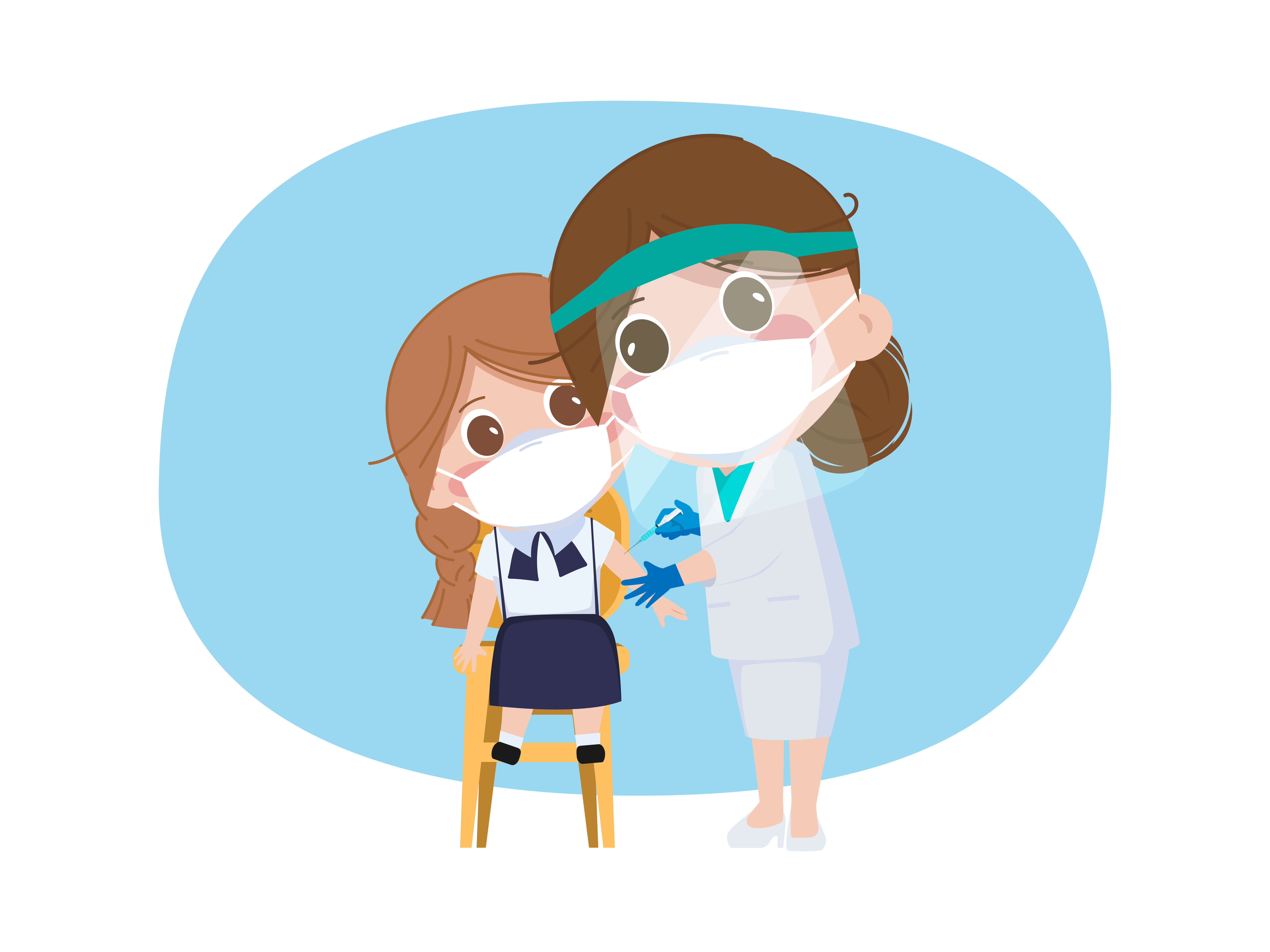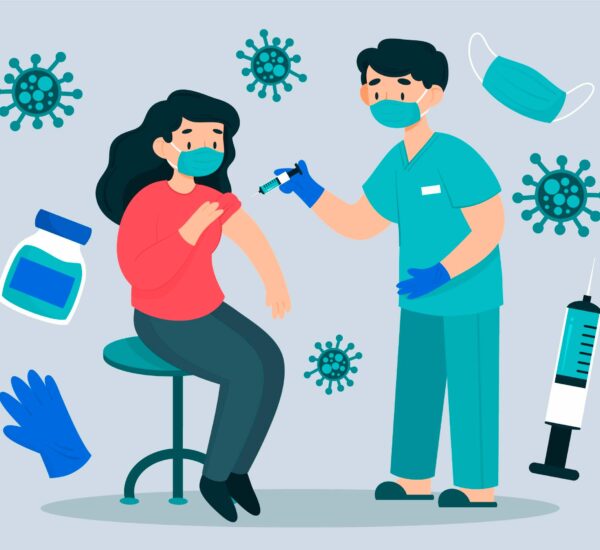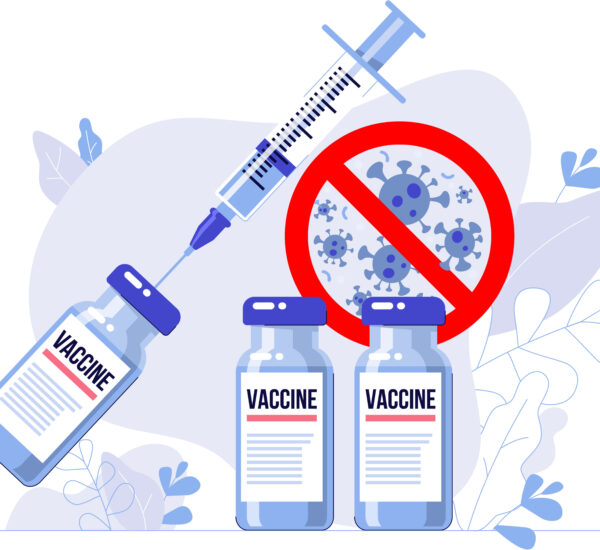One of the major causes of cancer-related deaths in the Philippines is cervical cancer. Because of this, it’s high time to reduce these current and new cases of cervical cancer by targeting the reason behind the occurrence of this cancer, human papillomavirus or HPV. Human Papillomavirus (HPV) plays a significant role in this statistic, making the HPV vaccine for teens an essential preventive measure.
As a parent, being aware of the importance of this vaccine can empower you to make well-informed decisions for your child’s health. This comprehensive guide covers everything Filipino parents need to know about HPV vaccination for teens, ensuring that your child receives the best possible protection against health problems like HPV-related diseases.
Let’s begin!
Understanding HPV and Its Risks
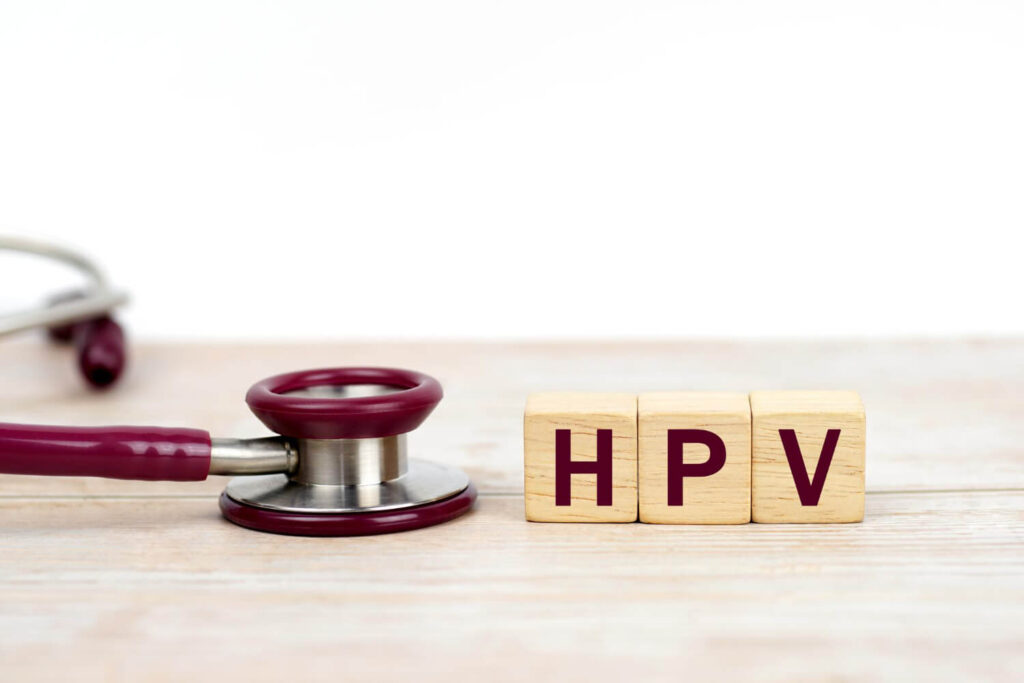
Human Papillomavirus (HPV) is a common sexually transmitted infection that affects both males and females, which remains a global problem. Once infected and not treated, it can result in genital warts and cervical cancer. There are over 100 HPV strains, and certain strains are linked to cervical cancer, genital warts, and other cancers in the throat, vagina, penis, vulva, and more.
Although, please take note that HPV is mostly contracted by sexually active individuals, and can spread them even more. Unfortunately, the recorded cervical cancer cases were from earlier ages, which means most probably engaged in unprotected activities at an early age. As mentioned by the World Health Organization WHO, untreated HPV infection can lead to the growth of cancer cells within 15 – 20 years.
In that case, it is very crucial to get introduced to the idea of immunization practices, such as the HPV vaccine for teens. Thus, ensuring protection for the young people before they begin to engage in sexual relations.
WHO Global Strategy Against HPV
The World Health Organization (WHO) has recognized the urgency of addressing HPV-related health issues and has implemented a global strategy against HPV. This strategy aims to get more people vaccinated, offer access to cervical cancer screening, and ultimately reduce the burden of HPV-related diseases worldwide. By promoting the HPV vaccine for teens, WHO strives to protect adolescents and others from potential health risks associated with HPV infection.
Here’s the HPV program to be achieved by 2030:
- 90% of the target population of 9 to 14 years of age shall be fully vaccinated
- 70% of women in ages 35 and 45 have undergone cervical cancer screening
- 90% of cervical cancer patients have received treatment to manage the condition
These goals are incorporated by the DOH, to help eradicate HPV and cervical cancer.
Cancer Risk: HPV Types
As mentioned, several HPV strains can result in genital warts, while others can result in a severe form of cervical cancer. The strains HPV-16 and HPV-18 are responsible for about 70% of cervical cancer cases. Meanwhile, HPV-6 and HPV-11 are known to result in less severe forms such as genital warts.
Transmission of HPV Infection
When it comes to HPV, it is important to note that it can spread through various forms of transmission. It can be passed on to sexual partners through intimate skin-to-skin contact, making it highly contagious. This means that the virus can easily be transmitted from one person to another through sexual contact, including genital-to-genital, oral-to-genital, or hand-to-genital contact. Unfortunately, not many people are aware of this fact, which can explain the high number of cancers related to HPV.
In that case, it’s best to be open to prevention ideas to not only take care of the children but also improve the overall health of everyone in the community. Thus, showing the importance of the HPV vaccine for teens to safeguard health as early as possible.
Importance of HPV Vaccination for Teens
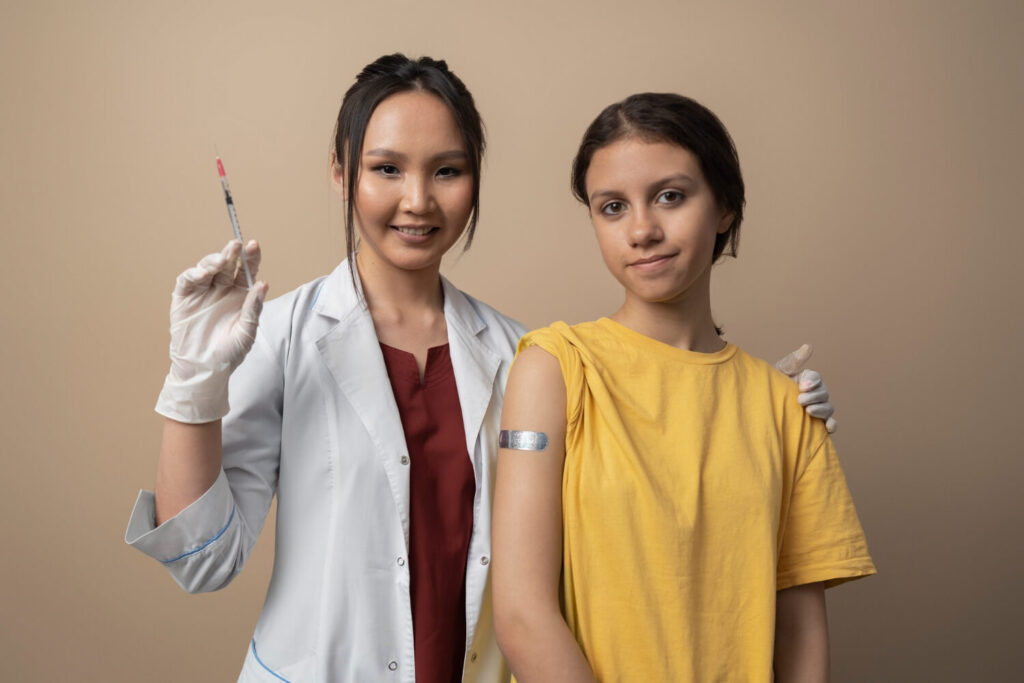
Vaccinating teens against HPV is a critical strategy in preventing HPV-related diseases. By vaccinating teens, we can help protect them from these serious health risks and reduce the spread of HPV in the population. Parents and healthcare providers need to encourage and support HPV vaccination for adolescents to ensure their long-term health and well-being.
The vaccine is most effective when administered before exposure to the virus, which is why it is recommended for adolescents.
Benefits of HPV Vaccination:
- Prevents Cervical Cancer: Significantly reduces the risk of developing cervical cancer in the future.
- Reduces Genital Warts: Protects against strains of HPV that cause genital warts.
- Prevents Other Cancers: Lowers the risk of other cancers associated with HPV, including throat and anal cancer.
- Herd Immunity: Higher vaccination rates contribute to community-wide protection, reducing the overall prevalence of the virus.
HPV Vaccine Age Limit in the Philippines
Understanding the HPV vaccine age limit in the Philippines is essential for timely vaccination. The Department of Health (DOH) recommends vaccination for adolescents before they become sexually active.
Recommended Age Range:
- Younger Teens (9-14): Typically require two doses, spaced six months apart.
- Older Teens (15-26): Require three doses over six months for optimal effectiveness.
Exceptions:
- Individuals who are over 26 may still benefit from vaccination based on risk factors and exposure history, but it’s best to consult with a healthcare provider for personalized advice.
- Immunocompromised persons or those with weak immune systems due to sexually transmitted illnesses must receive the vaccine to protect them against the threat of HPV.
Timely vaccination within the recommended age range maximizes the vaccine’s effectiveness and provides long-term protection against HPV-related diseases.
Role of Parents in Encouraging HPV Vaccination
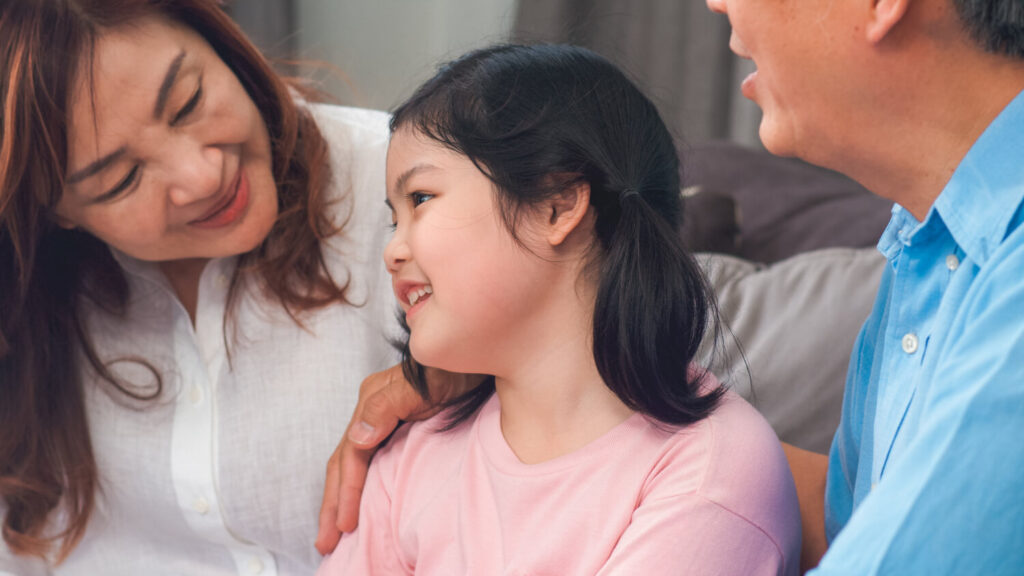
Health literacy is vital when dealing with the threats of HPV. That’s why parents play a pivotal role in their teen’s health decisions as they are more capable of guiding them toward a better future. It includes normalizing or accepting the importance of the HPV vaccine for teens. Their support and encouragement can significantly influence the vaccination process.
Currently, health interventions are taking place such as the national immunization program headed by the Department of Health (DOH) and the Department of Education (DOH). It is a free HPV vaccination for students at the age of 9 to 14 and will occur within the school premises. It’s an ideal plan to reach out to more people and get immune against HPV. However, it can only be administered once the parents approve the vaccine for their children.
In that case, they need to recognize the importance of the vaccine. With their consent, their children can be ready against the threat of HPV, and cervical cancer in the future.
Recommended HPV Vaccines for Teens in the Philippines
Both Gardasil and Cervarix are available in the Philippines as primary HPV vaccine brands. These vaccines are designed to protect against certain types of human papillomavirus (HPV) that can lead to cervical cancer, as well as other HPV-related cancers and diseases. The availability of these vaccines in the Philippines provides an important opportunity for individuals to protect themselves against HPV and its associated health risks.
Let’s differentiate them below:
Gardasil 9 Philippines:
- Coverage: Protects against nine HPV types, including HPV-16 and HPV-18, which cause the majority of cervical cancers.
- Benefits: Offers broader protection, including against strains that cause genital warts.
- Dosing Schedule: Typically requires two to three doses, depending on the age at which vaccination begins.
Cervarix:
- Coverage: Targets two high-risk HPV types, HPV-16 and HPV-18.
- Benefits: Highly effective in preventing cervical cancer caused by these two strains.
- Dosing Schedule: Requires two doses, usually administered six months after the first dose.
Consulting with a healthcare provider can help determine the best option.
Accessibility and Availability of HPV Vaccines
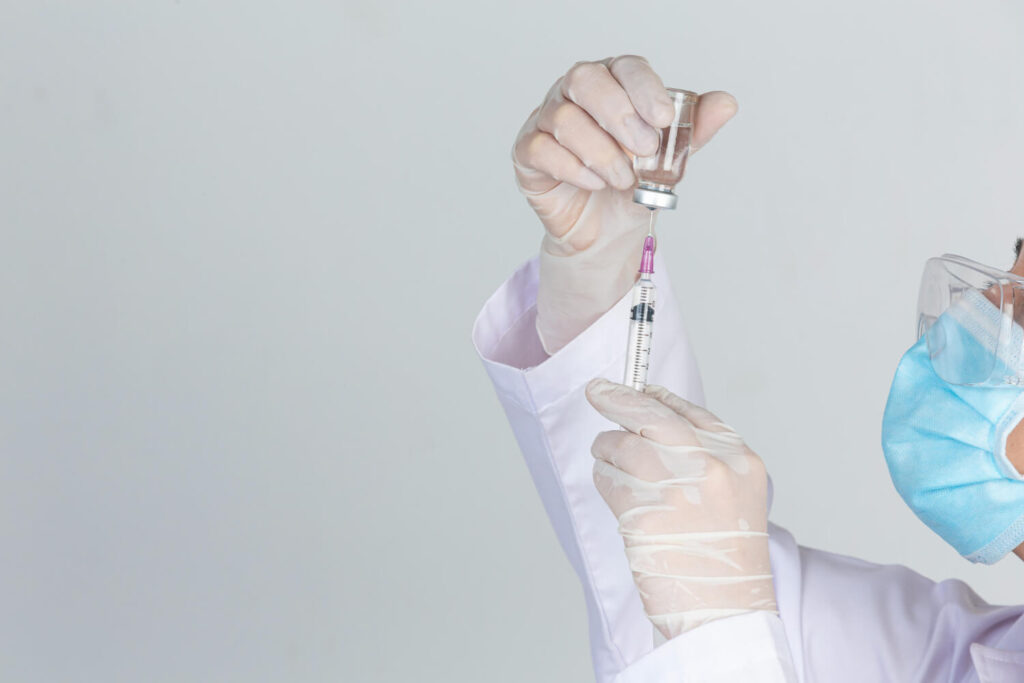
As mentioned, there’s a human papillomavirus vaccination program or HPV vaccination program catered to the eligible sample population. This program involves a quality health system as the DOH partners with medical experts to offer the health care needed for the public.
The program mostly targets areas with a high number of cases such as Metro Manila, Cebu, etc. In previous news, Cebu had a massive campaign regarding the threats of HPV and the importance of vaccines. Meanwhile, in NCR, an HPV program also occurred catered to selected grade 4 students.
Aside from these locations, young adults can receive the immunization by accessing the following HPV vaccination locations:
- Public Hospitals and Health Centers: Most major public hospitals, such as the Philippine General Hospital and Cebu Doctors’ University Hospital, offer HPV vaccination services.
- Private Hospitals: Numerous private healthcare providers across the Philippines provide HPV vaccines, often with more flexible scheduling options such as St. Luke’s Medical Center, The Medical City, and others.
- School-Based Programs: Some schools collaborate with health organizations to provide on-site vaccination drives, especially targeting adolescents.
- Government Health Programs: The DOH periodically runs vaccination campaigns in collaboration with local government units (LGUs), offering vaccines at community centers and barangay health stations.
- Mobile Clinics: To reach remote and underserved areas, mobile clinics are deployed, ensuring broader coverage and accessibility.
Frequently Asked Questions
Are there any side effects associated with the HPV vaccine?
Common side effects of the HPV vaccine are mild and may include soreness at the injection site, fever, headache, or fatigue. Severe side effects are rare. It’s important to consult with a healthcare provider if you have concerns.
Is the HPV vaccine covered by health insurance in the Philippines?
Coverage varies by insurance provider. Some private health insurance plans may cover the cost of the HPV vaccine, while government programs and public health initiatives often offer the vaccine at no cost or subsidized rates. It’s advisable to check with your insurance provider for specific coverage details.
Can boys receive the HPV vaccine as well?
Yes, the HPV vaccine is recommended for both boys and girls. Vaccinating boys helps prevent HPV-related diseases and contributes to herd immunity, reducing the overall transmission of the virus.
How does cervical cancer screening work?
Cervical cancer screening typically involves a Pap smear or HPV test to detect any abnormal changes in the cervix cells. During a Pap smear, cells are collected from the cervix and examined under a microscope for signs of precancerous or cancerous cells.
An HPV test checks for the presence of high-risk HPV strains that can lead to cervical cancer. Regular screening is crucial for early detection and effective treatment. It is recommended that women consult with their healthcare provider to determine the best screening schedule based on their age and medical history.
Conclusion
Ensuring your teen receives the HPV vaccine for teens is a vital step in protecting their long-term health against HPV-related diseases. By understanding the importance of vaccination, Filipino parents can make informed decisions that safeguard their children’s well-being.
The role of parents is paramount in encouraging and facilitating vaccination, thereby contributing to healthier communities nationwide. Take proactive steps today—consult with your healthcare provider to schedule your teen’s vaccination.
HPV Vaccine Knowledge Quiz
Test what you know about HPV vaccination for teens
